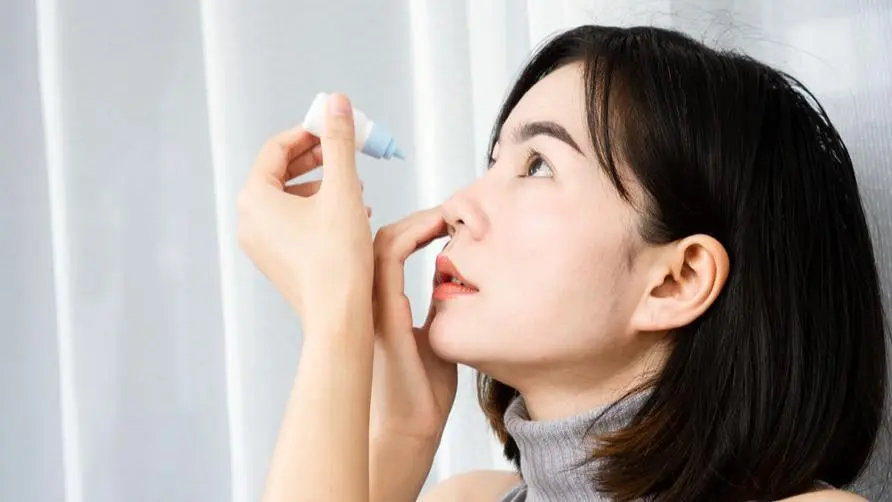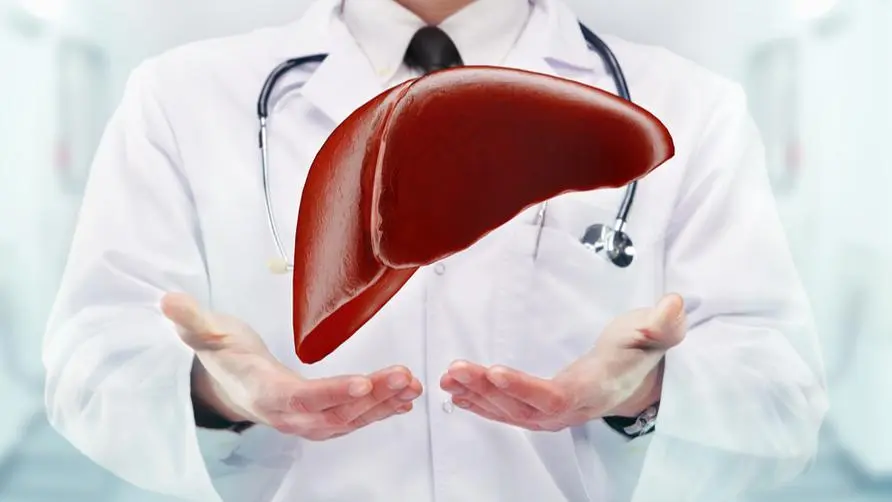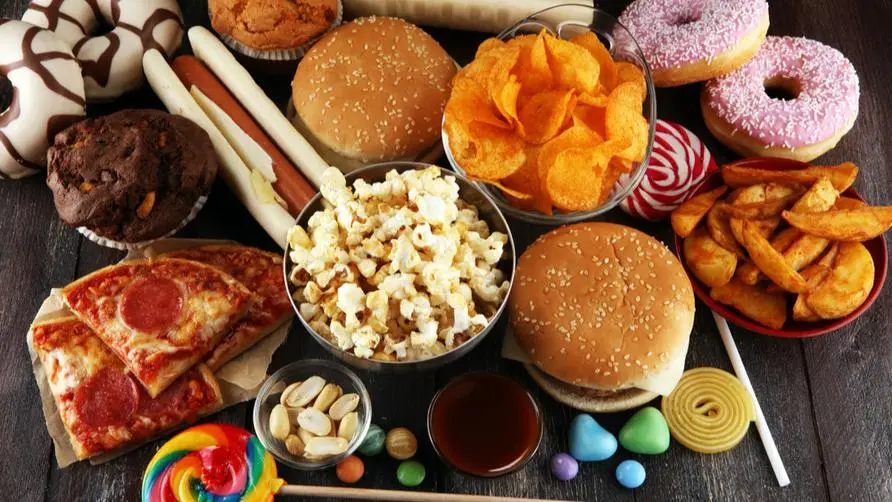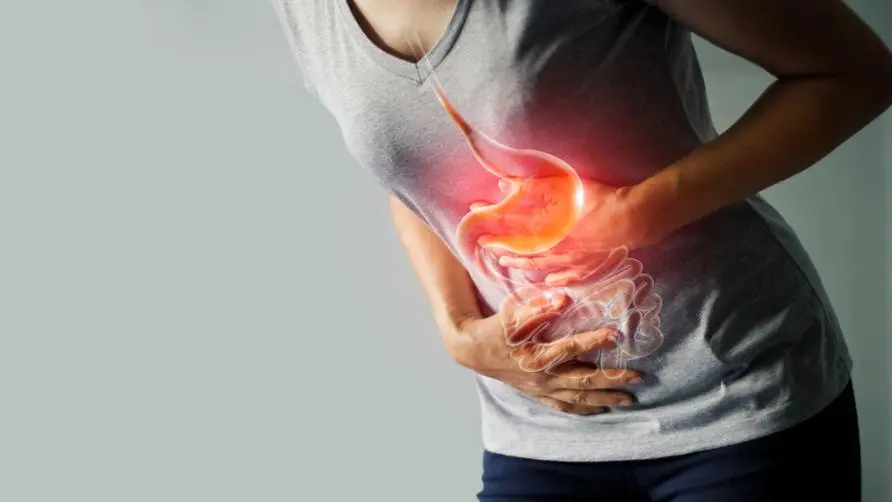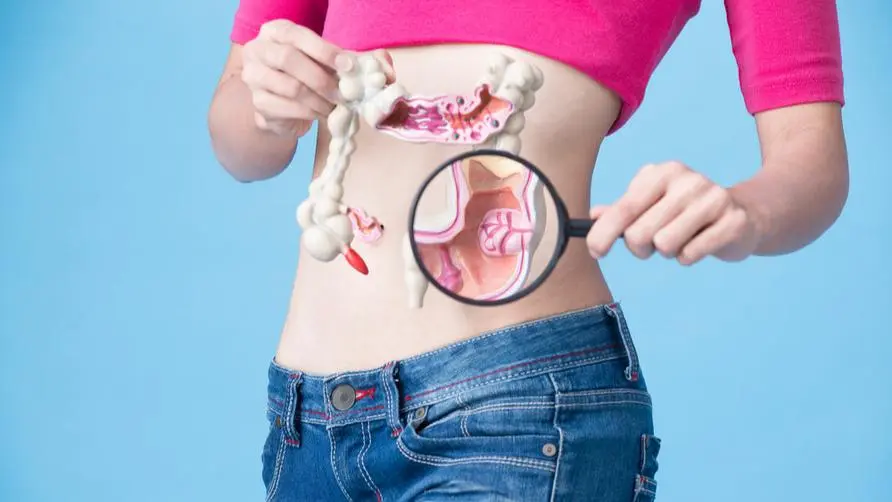Men who eat ultra-processed foods have a 30% higher risk of colorectal cancer! Are colorectal cancer risks different for men and women?

Men who frequently eat ultra-processed foods may have a nearly 30% increased risk of colorectal cancer
The incidence rates of colorectal cancer in men and women are relatively similar, but are the causes of colorectal cancer different in men and women?
A team from Tufts University and Harvard University recently published a prospective study in the journal “BMJ” and found that men who eat the most “ultra-processed foods” have a 29% higher risk of colorectal cancer. The processed foods they most commonly eat include ready-to-eat products such as sausages, bacon, and ham. In addition, sugary drinks, flavored milk, and fruit drinks are also positively associated with colorectal cancer risk.
The research team pointed out that frequent consumption of ultra-processed foods may lead to an unbalanced diet, and may the food additives added in the manufacturing process affect the intestinal flora, which may also be a potential cancer risk. Overall, ultra-processed foods lack various nutrients that help prevent colorectal cancer, such as fiber, calcium, and vitamin D, but may cause people to eat more emulsifiers, artificial sweeteners and other food additives.
Does colorectal cancer risk differ between men and women? The longer you remain obese throughout your life, the higher your risk
Are there gender differences in the impact of diet on colorectal cancer? The study found that ultra-processed foods had no significant impact on colorectal cancer risk in women. The research team speculates that processed foods such as yogurt and yogurt, which are more commonly eaten by women, seem to offset the health hazards of other processed foods.
Another retrospective study found that men who consistently followed the DASH diet, a Mediterranean diet, could help reduce the risk of colorectal cancer. However, it is not significant in women. The possible reason is the influence of obesity and estrogen. Estrogen has a protective effect on colorectal cancer in women, but excessive estrogen may increase the risk of colorectal cancer in men.
Another study published in the journal “American Medical Oncology” analyzed 5,635 colorectal cancer patients and 4,515 controls. Based on their weight data from the age of 20 to the present, it was found that the proportion of overweight and obese time in their lives increased. The higher the risk, the higher the risk of colorectal cancer, which increases by up to 2.54 times.
For women aged 45 and older, the risk of colorectal cancer can be reduced by 50-60%
Early screening can help reduce the risk of colorectal cancer. Another study published in the American Journal of Oncology pointed out that starting screening at the age of 45 can significantly reduce the risk of colorectal cancer. The study showed that women who started colonoscopy at the age of 45 had a 50-60% lower risk of colorectal cancer. Colonoscopy is an invasive examination, but it can directly remove malignant polyps caused by years of accumulation during surgery and help detect early colorectal cancer.
To prevent colorectal cancer, it is recommended to eat more fresh vegetables and fruits, at least five servings per day. Exercise is also an effective method. In addition, polyps are very likely to become precancerous lesions of colorectal cancer. Regular fecal occult blood tests (usually positive occult blood is most related to hemorrhoids and colorectal cancer), or undergo colonoscopy according to the doctor’s recommendation. Not only can it be detected early, but it can also be planned in advance. , block the threat of colorectal cancer.
Source:
Risk of Colorectal Cancer Associated With Lifetime Excess Weight
Age at Initiation of Lower Gastrointestinal Endoscopy and Colorectal Cancer Risk Among US Women
Further reading:
